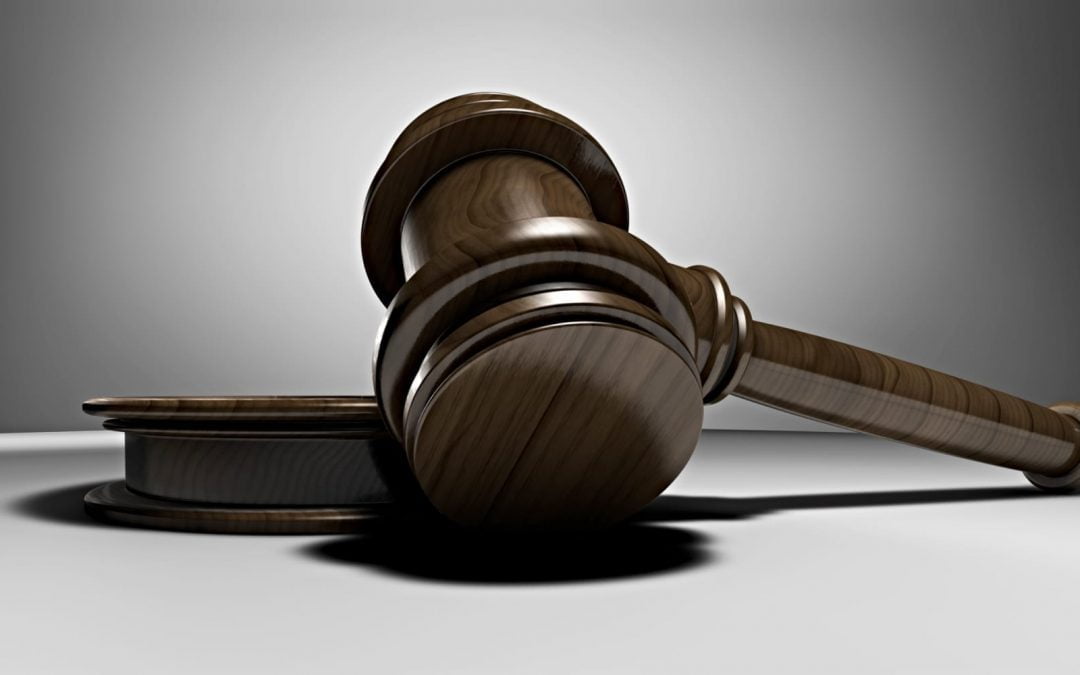The Supreme Court’s new conservative majority has not yet signaled how it intends to approach LGBTQ rights.
That should happen next term, at least for protections in the workplace. The high court has accepted three cases – two involving gay men and one a transgender person – who were terminated as employees simply because of who they were.
In the workplace, most believe that all persons should have a fair chance to earn a living and provide for a family without fear of harassment or discrimination.
Under federal law, that right is embodied in Title VII of the 1964 Civil Rights Act. This law protects workers against discrimination based on sex, race, color, national origin and religion.
Neither Title VII nor any other federal civil rights law explicitly uses the terms “sexual orientation” or “gender identity.”
Nevertheless, for the past several years, many federal courts have held LGBTQ persons are protected through Title VII’s prohibition against discrimination based on one’s sex.
Importantly, the U.S. Equal Employment Opportunity Commission – the federal agency responsible for administering and enforcing civil rights laws in the workplace – has interpreted Title VII in this manner.
However, the current administration has sided with the employers in three cases, arguing that Title VII offers no legal protections for a workplace termination based on an employee’s sexual orientation.
If the court’s new conservative majority were to agree, holding that Title VII allows persons to be fired solely because they are gay or transgender, the ruling will affect the rights of millions of workers.
Their fellow citizens should be appalled. America’s character will suffer a huge blow.
On another front, the court’s new conservative majority may soon be presented again with the question of whether a merchant in the public square can refuse service to certain customers based solely on the merchant’s sincerely held religious beliefs.
Before the high court’s membership changed, this issue was ducked in 2018 in Masterpiece Cakeshop Ltd. v. Colorado Civil Rights Commission.
In the Masterpiece Cakeshop case, the bakery shop owner refused to make a special wedding celebration cake for a gay couple because the baker’s private religious beliefs taught him that marriage can only be a union between a man and a woman. In his view, gay marriage was a sin.
His refusal to serve the couple ran afoul of Colorado’s anti-discrimination statute, which expressly states that businesses selling to the public, known as “public accommodations,” cannot discriminate against customers based on race, color, religion, national origin or sexual orientation.
In addition to a free speech argument, the bakery owner sought an exemption from the state’s anti-discrimination statute based on “religious freedom.”
The Supreme Court’s holding decided the case on narrow grounds, without touching the religious freedom argument (or the free speech assertion that specially designed wedding cakes constitute First Amendment “expression”).
Instead, the holding found the Colorado Civil Rights Commission hearing was tainted with hostility toward the baker’s religious stance and resulted in an unfair proceeding.
The dispute was remanded to the state administrative body for a new hearing.
All people of faith should be concerned if discrimination of this type – carrying the brand of religious freedom – comes back to the high court again.
If the court were to adopt the argument previously made by the bakery shop owner, such a holding would decimate what many in the faith community now call religious freedom.
In Masterpiece Cakeshop, amicus briefs were filed by faith leaders and others on both sides of the issue.
Those friend-of-the-court briefs opposing the bakery shop’s argument pointed out that laws like Colorado’s promote traditional religious freedom by protecting the customer in the public square, regardless of the customer’s religious beliefs.
Such laws also promote human dignity and equality, two important religious values in themselves; further, such laws protect and show respect for religious differences.
Respect for the religious beliefs of others is one of America’s most cherished traditional values. It goes to the heart of our country’s special character.
No Americans should have to wonder whether they and their children will be welcome at the doors of any business establishment open to the public.
No American deserves to be treated as a second-class citizen in the public square.
After enactment of the 1964 Civil Rights Act, some argued that serving non-whites violated their sincerely held religious beliefs.
Later, in 1967 when the Supreme Court struck down bans on interracial marriages, some merchants argued that mixing of the races offended their deeply held religious convictions.
Nevertheless, we as a nation rejected that view of religious freedom.
Our nation’s religious freedom is now exercised by refusing to allow laws that target a specific religion. It is exercised by removing religious belief as criterion for serving or not serving persons in the public arena.
There should never be a return to that time period of signs in windows saying who would be refused service because of who the person was.
Hopefully, this is the road upon which the court’s new conservative majority will continue to travel.
Editor’s note: This article is part of a weeklong series. Previous articles in the series are:
The Experience of Christian Parents of a Christian Gay Child by Greg and Kelly Otis
Crossing Chasm That Seemingly Divides Bible, LGBTQ Loved Ones by Preston Clegg
Unsure About Accepting LGBTQ Folks? God Gave You the Keys by Jim Dant


